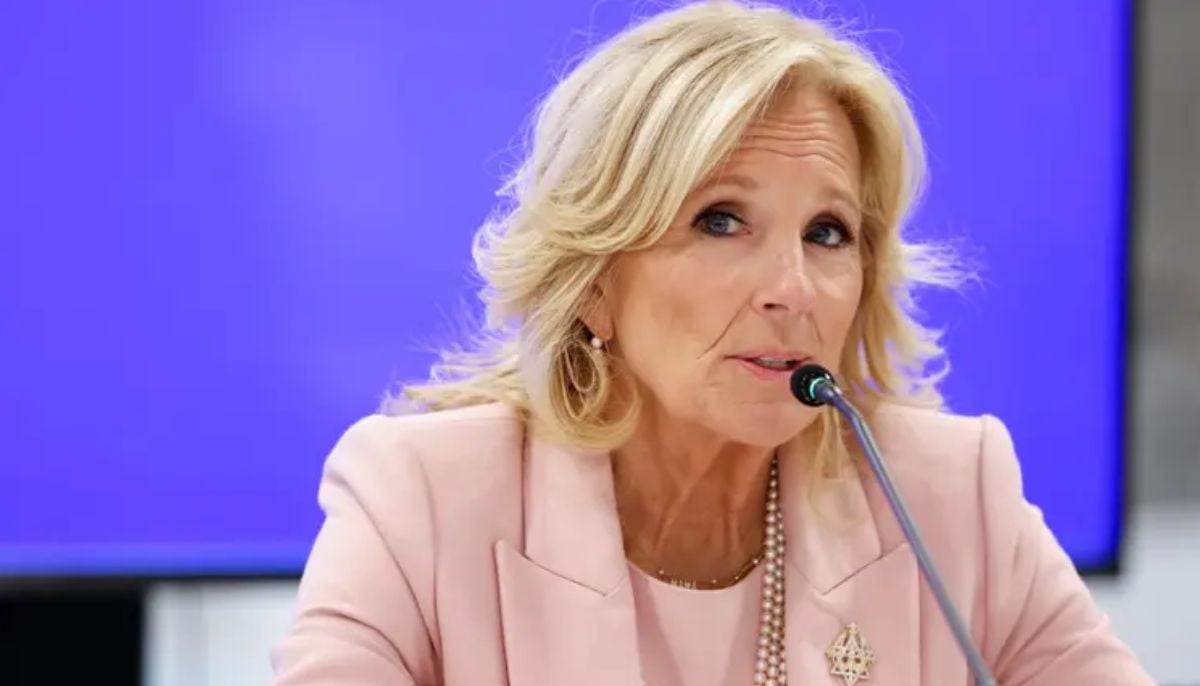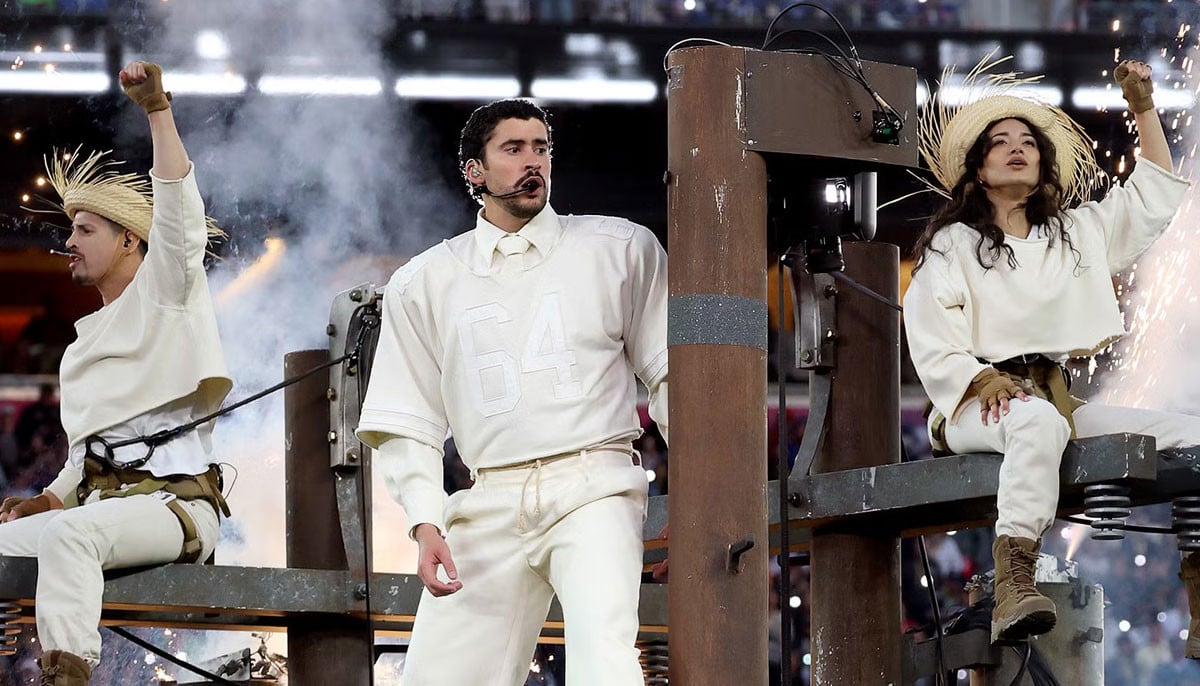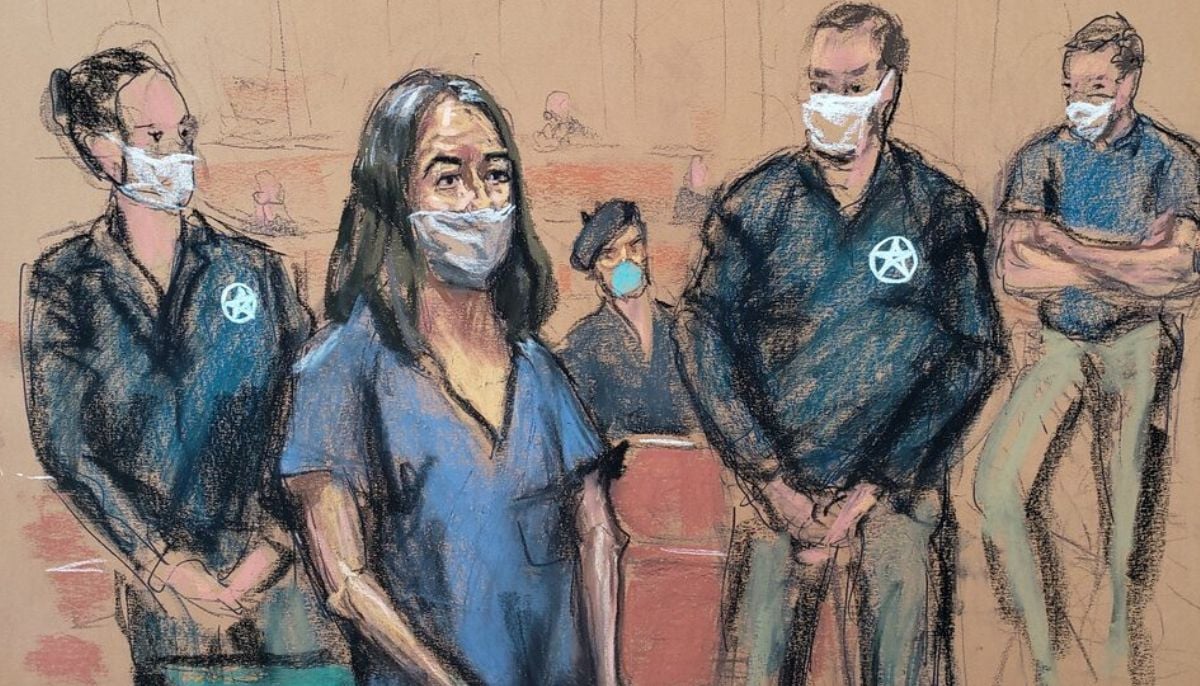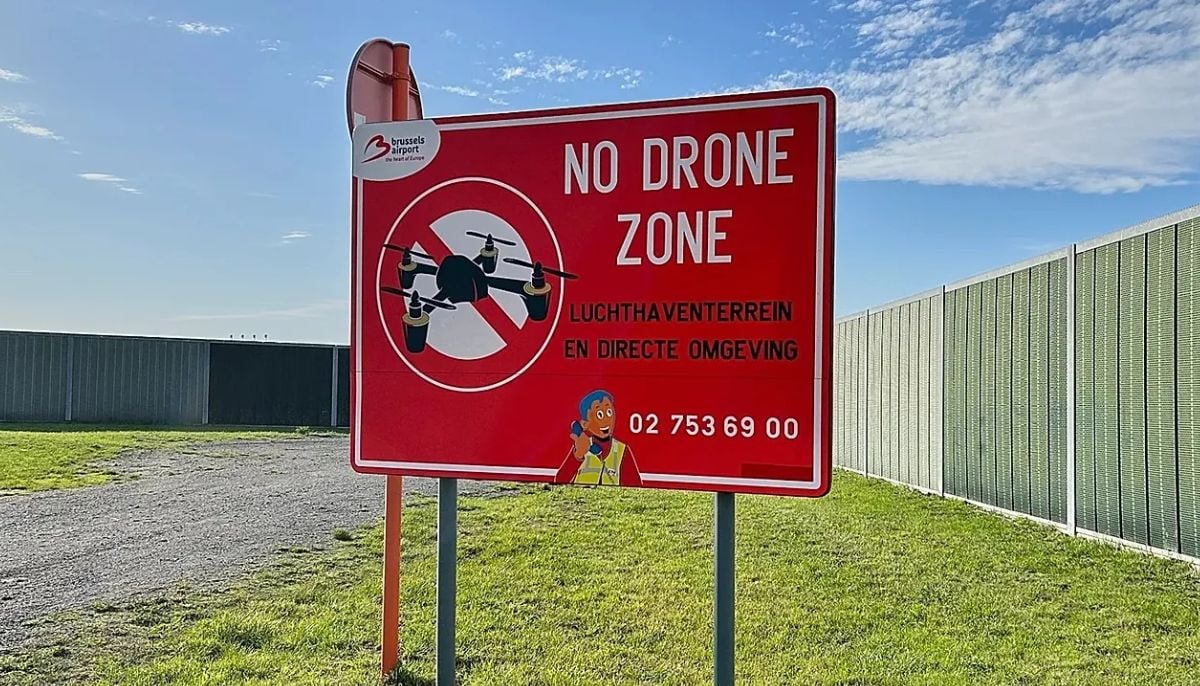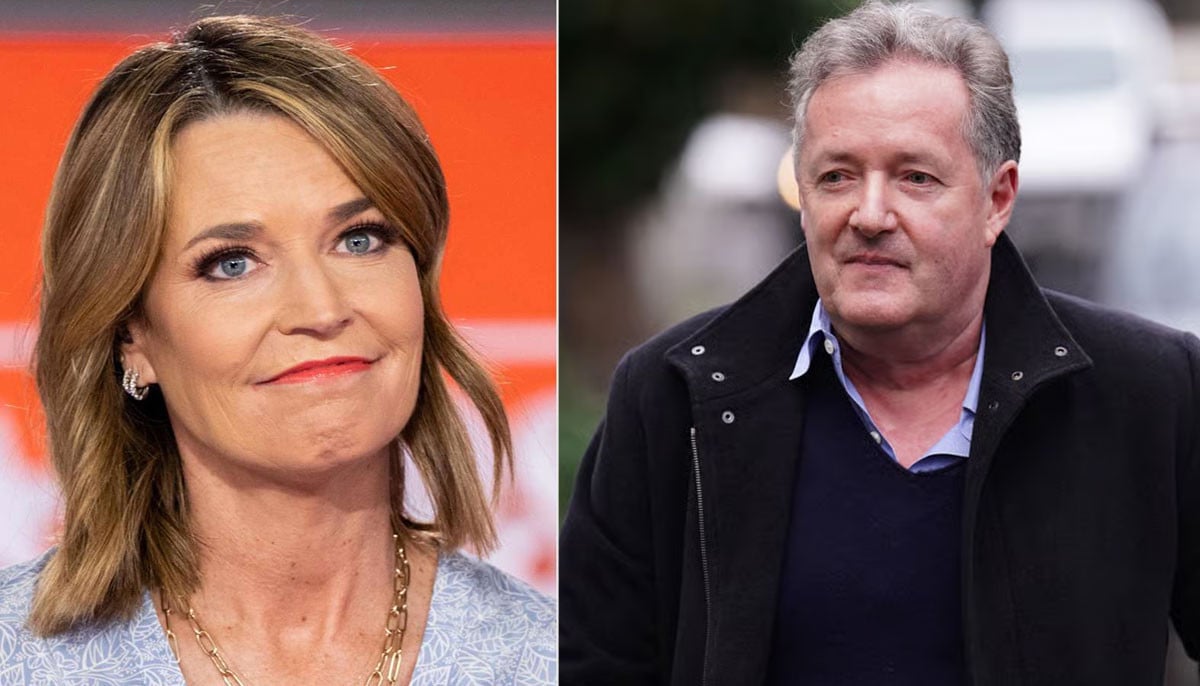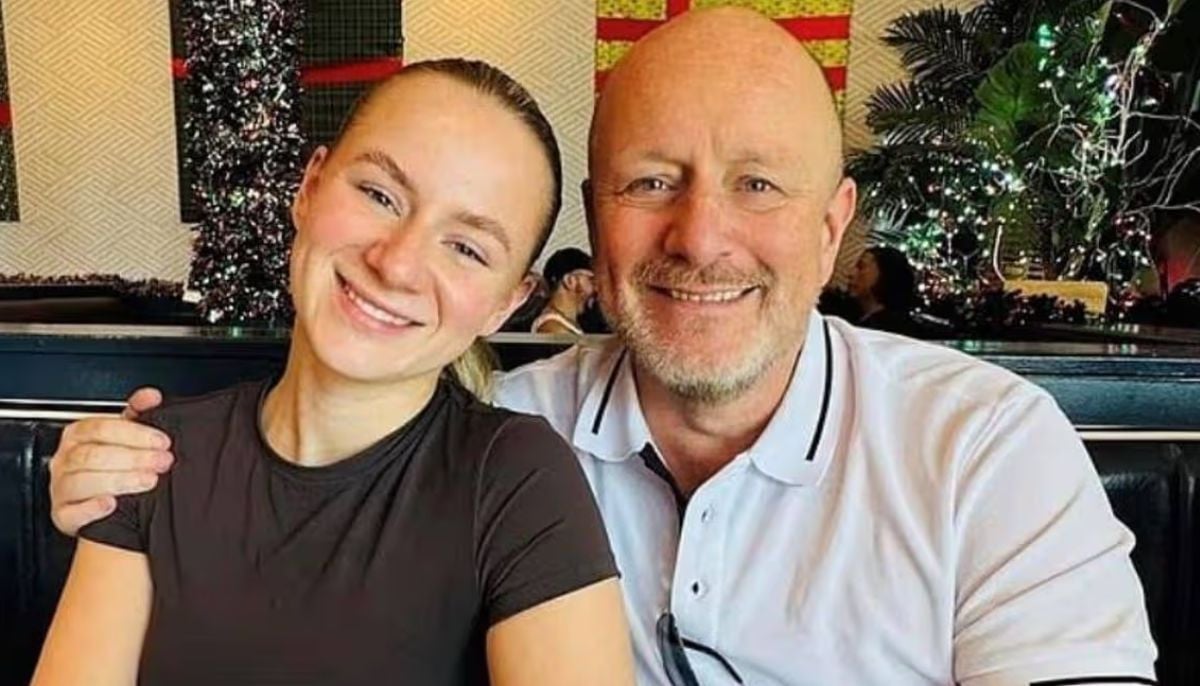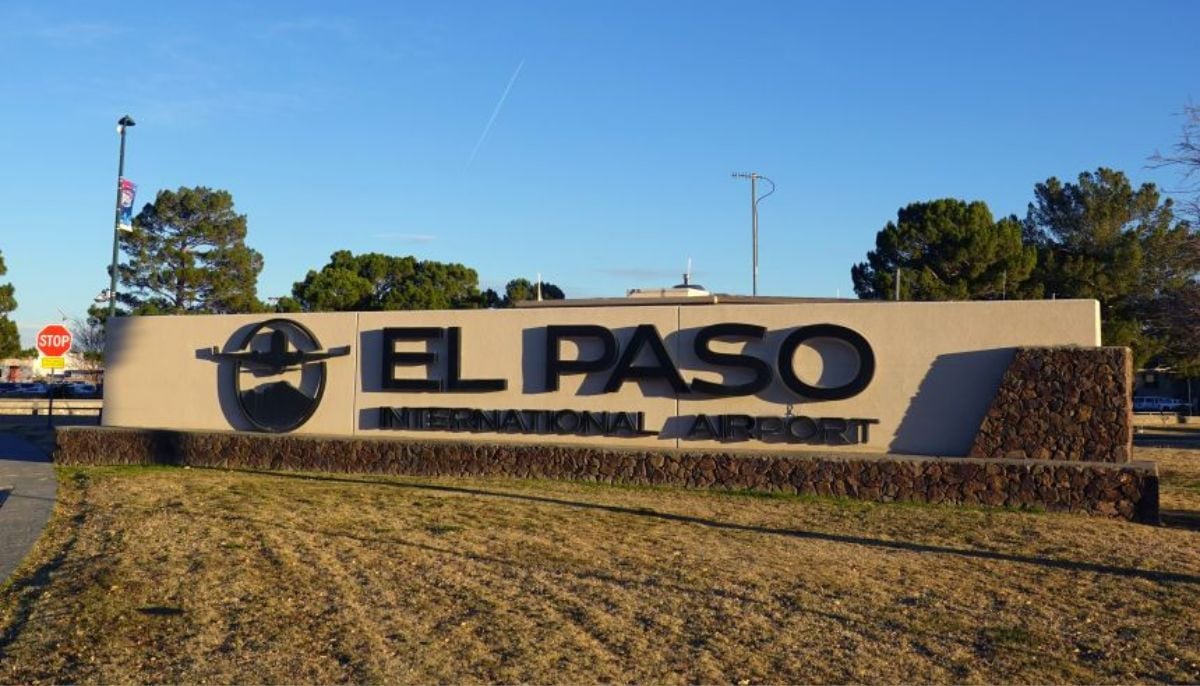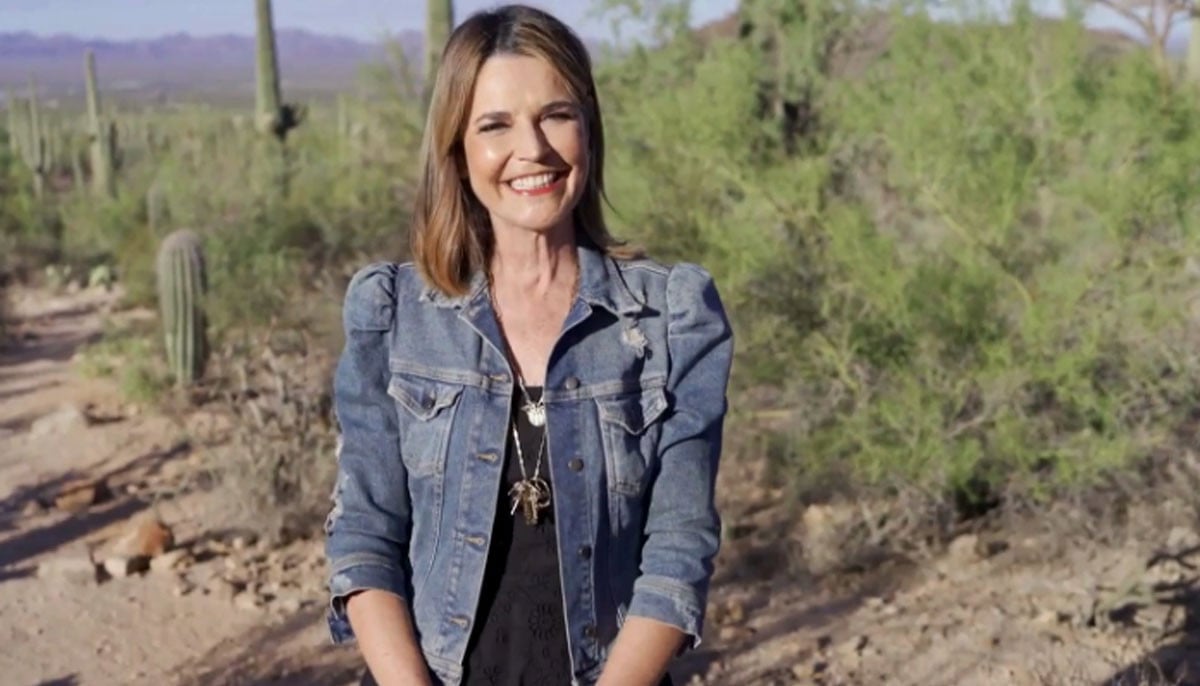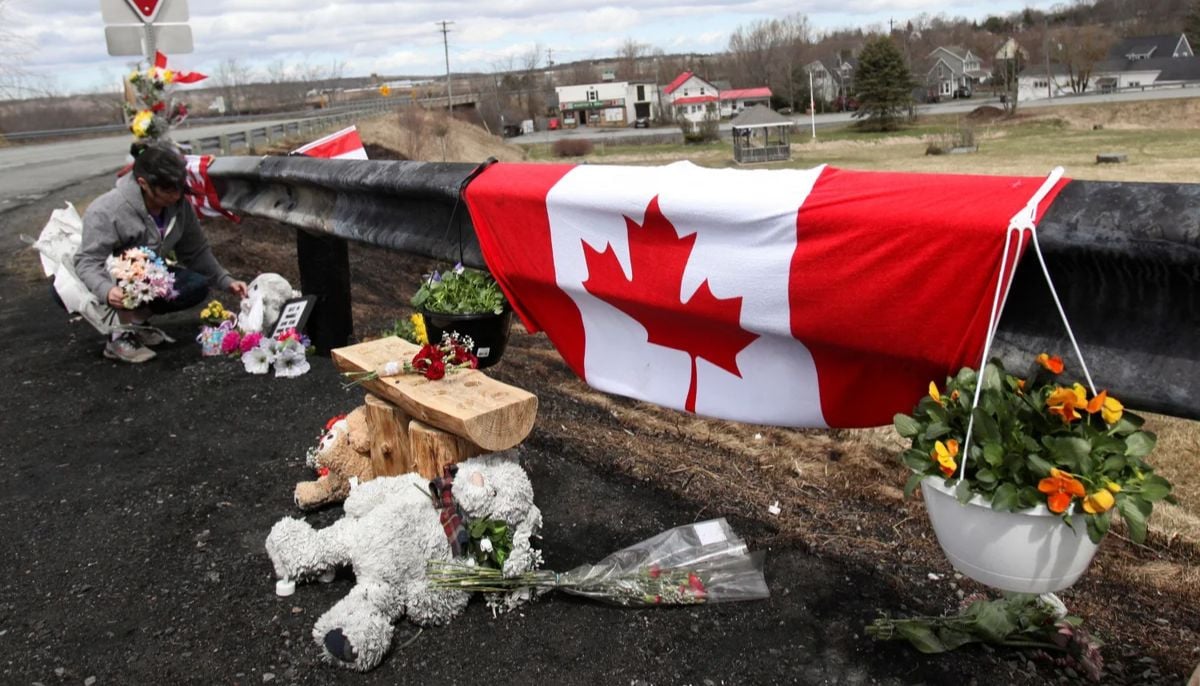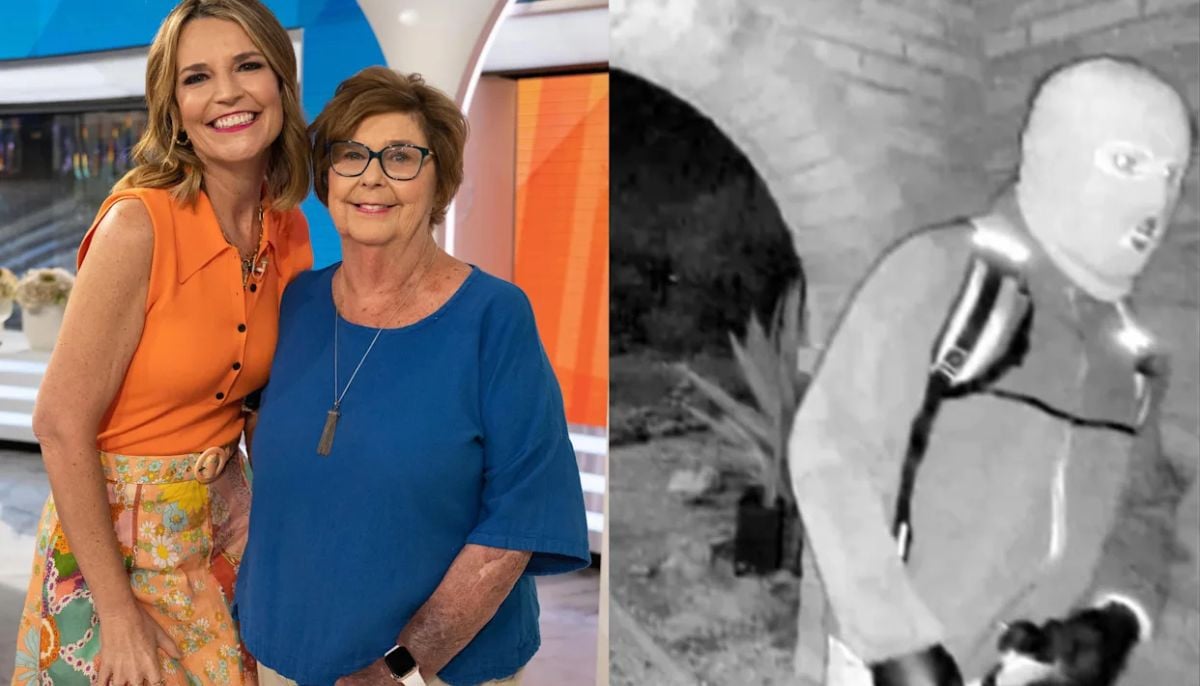Netherland's liberals adapt fascistic, xenophobia to win elections
By Ceciel Shiraz Raj/Khaled Hameed Farooqi
Citing hostility towards migrants as major reason to remain outside the coalition government, Jesse Klavar, the head of the Green Left has pointed towards the fact that Netherland's liberals have gradually adapted xenophobic and Islamophobic agenda of far right.
Klavar was clarifying his party's position on the ongoing efforts to make a coalition government headed by VVD party of Prime Minister Mark Rutte. He cited inequality and environment degradation as two other major disagreement with the liberal preferences.
On the other hand, the far right, populist leader known for his anti-Islam, anti-immigrants, anti-Europe stances, Geert Wilders of Freedom Party has vowed to fight back as official opposition leader. He declared election result as a "win" rather than loss to his ideas and political influence. A man known for single-handedly changing the entire political landscape of his country, has emerged after elections as more dedicated and optimist about his mass appeal. The post-election analyses are showing that winning election and becoming prime minister was "worst case scenario" for him. "He wanted to lose. He got additional five seats while remaining free of implementing his nearly impossible agenda", said his brother Paul Wilders in an interview to famous magazine, The Conversations.
On the other hand, the initial euphoria over the "great" win of centre right liberal forces is gradually giving space to serious thinking beyond the loud "sigh of relief", heard all across Europe. The nightmare of Wilder's win setting trend for upcoming elections in France (May 2017) and Germany (September 2017) had caused sleepless nights to mainstream European leaders. The predictability of elections, especially after unexpected Brexit and Trump victory, did not seem dependable till the final announcement of the election results. The jubilations, it seems, were overestimated and over-simplistic.
Talking to ITV News Europe, after casting his vote on March 15, 2017, Wilders said his party had left its mark on the Dutch politics, raising key issues and growing in influence. About possibility of losing elections, he said "It would really not be a failure, because I think we’ve put our mark on the elections so far, everyone’s talking about the issues we have had and we have not had so much power over the last five years but our influence grew every day". It is visible that the "Trump of Holland", Geert Wilders have dictated the mood of elections before, during and after the elections compelling even centre right liberal People's Party for Freedom and Democracy (VVD) of Mark Rutte playing on the political chess board set by Wilders.
The first major indicator of Mark Rutte gradual shift to the far-right sloganeering came when his "open letter" stunned entire political leadership including his own party. The letter released on January 2017 did not mentioned specifically Muslims (6% population) but it was clear who it addressed. It was termed as an effort to head off the challenge of Wilders by adapting some of his ideas and stances. Sounding nationalist and anti-immigrant, Mr. Rutte wrote, "there is something wrong with our country. The silent majority would no longer tolerate immigrants who come and abuse our freedom". Becoming more aggressive, he wrote, "if you reject our country so fundamentally, I would prefer you to leave. I have the same feeling; act normal or leave". Earlier, he reacted to Turkish people's celebration of failed coup against Tayyup Erdegon, as saying, "my first thought is, get out of here, go back to Turkey". As reported by Dutch News on September 5, 2016, Rutte said in a TV interview, "I hate the idea of a multi-cultural society"
Finally, it was his strong nationalist stance against Turkey and resultant tense relations with Erdegon that tilted many voters in favor of his party that emerged as biggest party with 33 seats though losing 8 seats and 5% of its vote bank. It was clear that his claim of bringing economic stability was not enough to avert the fate of Labor Party, which was routed losing 29 seats and 19% of its vote bank. The polls published before elections predicted that Freedom Party of Geert Wilders shall end up being the biggest winner with 33 seats while Rutte's party was projected to win 24 seats. Dismissing his Open Letter, Wilders called him deceitful. "stop deceiving your own people. It was you who caused the loss of our freedom, our security and our culture". Wilder's Freedom party won five additional seats but lost some seats to Christian Democrats who has the same agenda but less aggressive language.
The political analyst, Dr. Andre Krowel of Amsterdam's Free University, thinks that the political influence of Wilders shall only increase in the coming days. Talking to Vice News on March 17, he said, “How did Rutte win? By basically copying Wilders in policy. He didn’t beat him with an alternative program. He beat him at his own game being anti-Muslim and anti-immigrant. Do you win when you take on other people’s ideas? I’m not so sure.” Talking about emerging fragmentation in the Dutch society, Dr. Krowel said, “I think a lot of Dutch voters were looking for security and a sense of protection, and what they’ve got is actually the opposite. They’ve created a very fragmented landscape. Wilders pushed right-wing issues to the political agenda, and siphoned seats from the mainstream parties, so they will need to govern somehow alongside the progressive left … Wilders will now have a field day holding them accountable while they try to govern alongside parties who don’t agree with these policies.”
It seems that entire centre right, centre left, democratic and liberal political forces had to respond to Geert Wilders and his divisive nationalist agenda. An anti-Islam, anti-immigration, ant- Europe, anti- Moroccans, anti-Turkish, anti-establishment and anti-diversity stance of Wilders is a direct assault on the decade long social make up of Netherlands which, as second strongest economy of Europe, always took exclusive care to retain its image as the bastion of intercultural harmony, diversity and equal opportunities for all.
The murder of Pim Fortuyn, by a radical leftist, in 2002 was the first incident that jolted Netherlanders out of their self imposed slumber. An open gay, professor of sociology, Fortuyn fought elections on anti-Islam, anti-immirgants slogan and his party won 26 seats and made government with Christian Democratic Appeal and People's Party for Freedom and Democracy. After that, the murder of film maker, Theo Van Gough by a Dutch Moroccan in November 2004 further brought the people out of denial of the rising divisions in the society. Later, the atheist author and member of the Dutch parliament, Aayan Hirsi Ali, stirred a big controversy over her criticism of female genital mutilation and declaring Islam "an enemy of peace". She collaborated with Theo Van Gough in making a film, "Submission" about the repression of women under Islam. She had to leave Netherlands after a controversy over her citizenship. The film by Geert Wilders, Fitna in 2008 compared Islam with Nazism claiming that Islam motivated everybody disagreeing with its teachings. The Fitna helped making his identity as a threatened leader who needed 24/7 heavy security.
According to Paul Wilders, the elder brother of Geert Wilders, who turned against him after the film Fitna, "far right has also impacted and inspired centre right parties especially Christian Democrats and People Party for Freedom and Democracy. The famous Dutch tolerance and progressiveness, if ever it existed, has turned into intolerance and a prolonged and painstaking search for Dutch identity. Public debate has taken a nasty turn, blaming and shaming “foreigners”, Muslims mostly, but also the elite and Europe for the problems people experience. This opened up tensions and rifts which had previously been covered by a soft blanket of “political correctness”, which used to be regarded as civilised behaviour but is now seen as treason and deceitfulness". "what matters is that he is tapping into the anxieties of many voters", said Paul Wilder as quoted by The Conversations.
Talking to Geo News, Amer Morgahi, anthropologist in Amsterdam university refused to declare the recent election result as the victory of liberals. He said liberals in Netherlands, and perhaps all across Europe, had adapted the racist and Islamophobic agenda of the far right promoting an exclusive agenda of dominant cultural discourse. He said liberals had discredited the multi ethnic politics by criminalizing the muslim migrants. He mentioned Mark Rutte pronoucement of Wilders populism as "wrong kind of populism" meaning he had the "right kind of populism". He said "By adapting Wilder's program and rhetoric, Rutte has ensured his dominant position in Dutch politics. It means that we will continue facing far right political agenda, though in softer political jargon, in future", he concluded.
-
New EU strategy aims to curb threat of malicious drones
-
Nancy Guthrie abduction: Piers Morgan reacts to 'massive breakthrough' in baffling case
-
Texas father guns down daughter after heated Trump argument
-
FAA shuts down El Paso Airport, flights suspended for 10 days: Here’s why
-
Teacher abused children worldwide for 55 years, kept USB log of assaults
-
Savannah Guthrie expresses fresh hope as person detained for questioning over kidnapping of Nancy
-
Tumbler Ridge school shooting among Canada’s deadliest — Here’s where it ranks
-
Suspect detained as authorities probe Nancy Guthrie’s abduction
